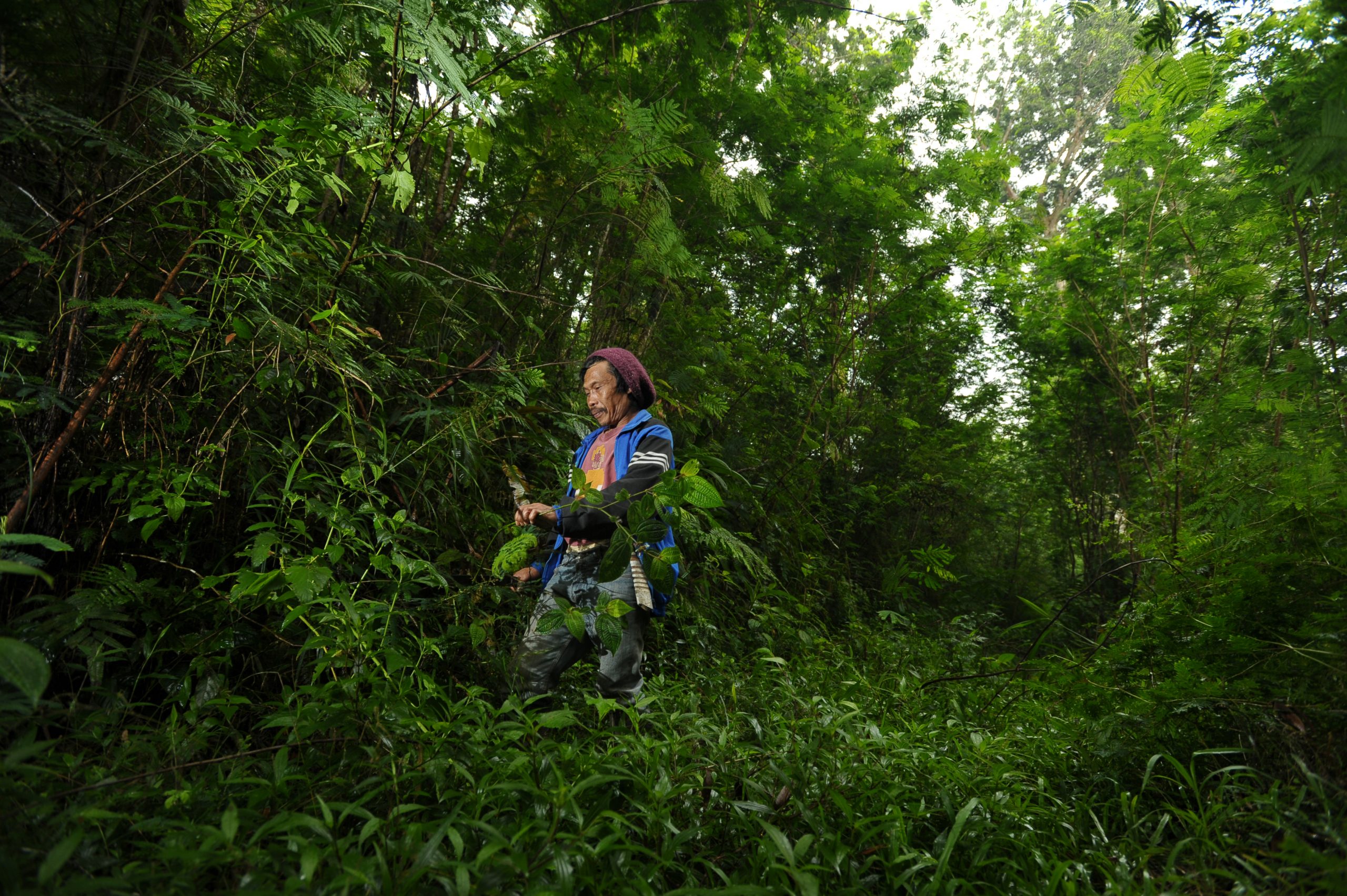Duration of engagment
Short-Medium (6 months – 2 years) depending on the depth of engagement and the number of steps/interactions needed to secure government support
Cost
$-$$ depending on the depth of the company’s involvement in preparing for and engaging in dialogue with consumer country governments
In the real world
A platform to accelerate and amplify collective action
The Tropical Forest Alliance (TFA) – a multi-stakeholder partnership platform hosted by the World Economic Forum – is dedicated to eliminating deforestation from the production of major commodities such as soy, palm oil, beef, and paper/pulp. TFA’s Forest Positive Collective Action Agenda calls for the governments of countries that drive significant demand for soft commodities to implement measures that lead to decreased deforestation and conversion. To inform the development of evolving EU policies on deforestation, TFA convened industry and civil society representatives between January and July 2020 to examine the priorities of the European Commission’s Communication on Stepping up EU Action to Protect and Restore the World’s Forests. The companies provided their perspectives and experiences, and urged the EU to “play a key role, through development assistance, in providing support and coordination for existing regional, national and sub-national partnership initiatives.” Moving forward, companies can continue to advocate for progressive policies at the EU level, through existing trade and industry groups, and through processes convened by TFA and others.
Key points for companies

Companies engaged in an L/JI should identify the main countries that consume the commodities produced in the jurisdiction, then determine:
a) what support governments of those countries can provide the L/JI; b) how best to approach those governments for this support; and c) which role (relative to other stakeholders) companies can play in engaging consumer governments.
- The “asks” for consumer country governments may include direct financial support for the L/JI through bilateral aid agencies; recognition and incentives for brands and retailers in the consumer country to source from the landscape/jurisdiction; and/or trade preferences for commodities sourced through the L/JI. Research which “asks” are most viable to demonstrate the value of the L/JI to advancing related government goals.
- Some consumer country governments (as well as the EU) already have well-established commitments to sustainable/deforestation-free commodities. These often have an office which provides a logical point of contact for the L/JI to engage. For governments without a clearly identified mandate or office, try to engage the bilateral aid agency, trade and/or environment ministries, food regulators, or other offices. Highlight how their mission aligns with the L/JI’s focus on reducing deforestation, carbon emissions and biodiversity loss, and promoting sustainable commodity production and community development.
- How a company engages a consumer country government will depend on their existing relationship. Companies with headquarters, production facilities, and/or employment in the country may engage directly with its relevant government agencies, seeking to open doors for the L/JI. To avoid the perception that they are lobbying for commercial advantage, companies might partner with NGOs when engaging with governments.
- A company can enlist its supply chain partners (traders, brands, retailers) that are based in the consumer country to strengthen the case for supporting the L/JI.
Research which “asks” are most viable to demonstrate the value of the L/JI to advancing related government goals.

Companies involved in national or international platforms that support L/JIs (such as TFA) can indirectly work to support education and policy development with consumer governments. Participating in credible platforms and initiatives provides an effective way to engage with governments. With full-time staff, the ability to use examples from several different L/JIs, and diverse stakeholders, such platforms can bring more influence with consumer governments than any one company or L/JI acting alone.
By working with a national or global platform to engage consumer country governments, companies can leverage additional resources at relatively low cost to themselves.
External conditions that improve likelihood of success
- Staff capacity (including from corporate government relations/public affairs offices or from leadership of the L/JI) to support company engagement with consumer country governments

The business case for this intervention
- Companies that effectively engage consumer governments can advance the goals of the L/JI, secure additional resources (thus lowering internal costs), and expand additional government support for other L/JIs with which the company may work.
- Companies improve their reputations and credibility not only with consumer country governments, but also with producer country governments and NGOs involved in L/JIs.
- By working with a national or global platform to engage consumer country governments, companies can leverage additional resources at relatively low cost to themselves.

